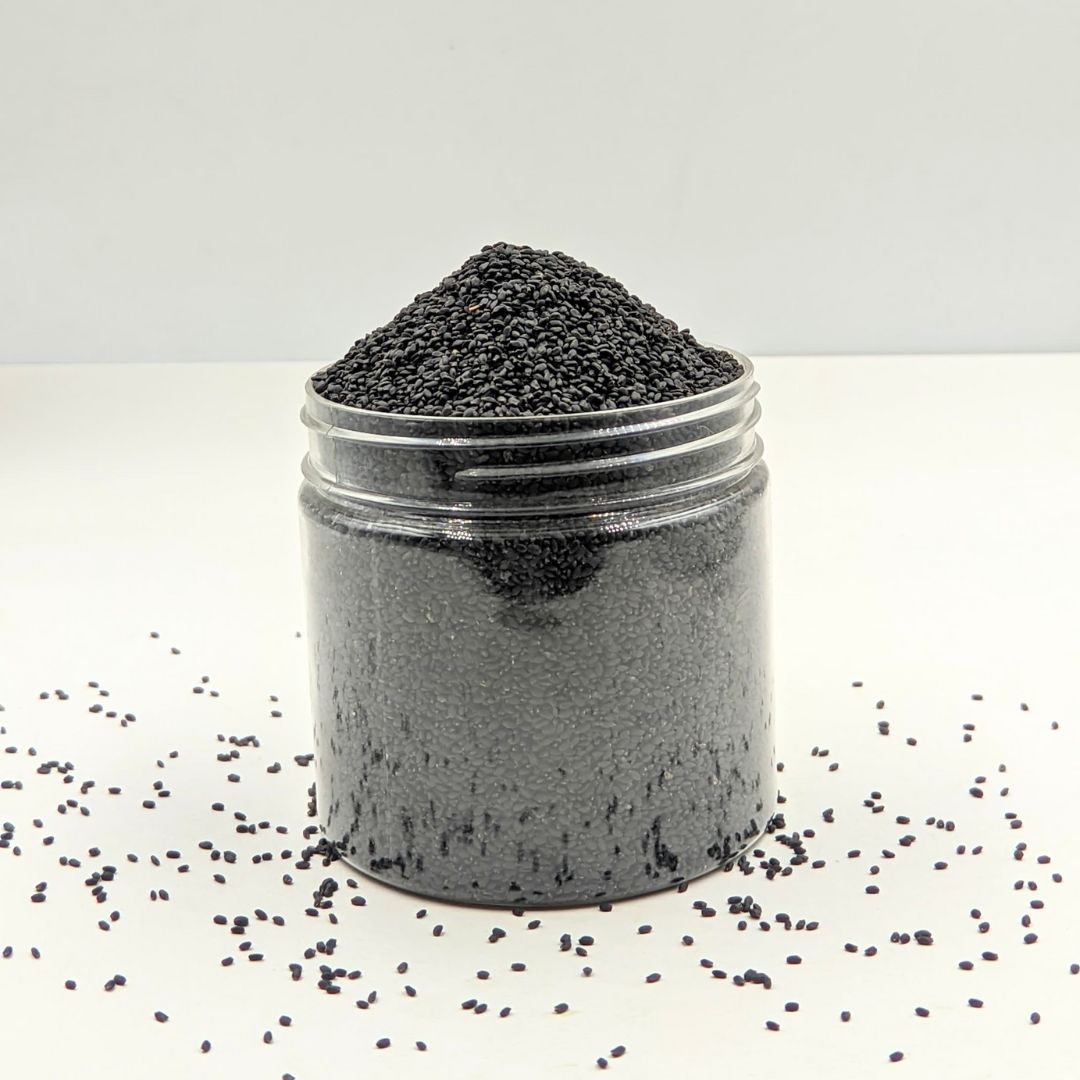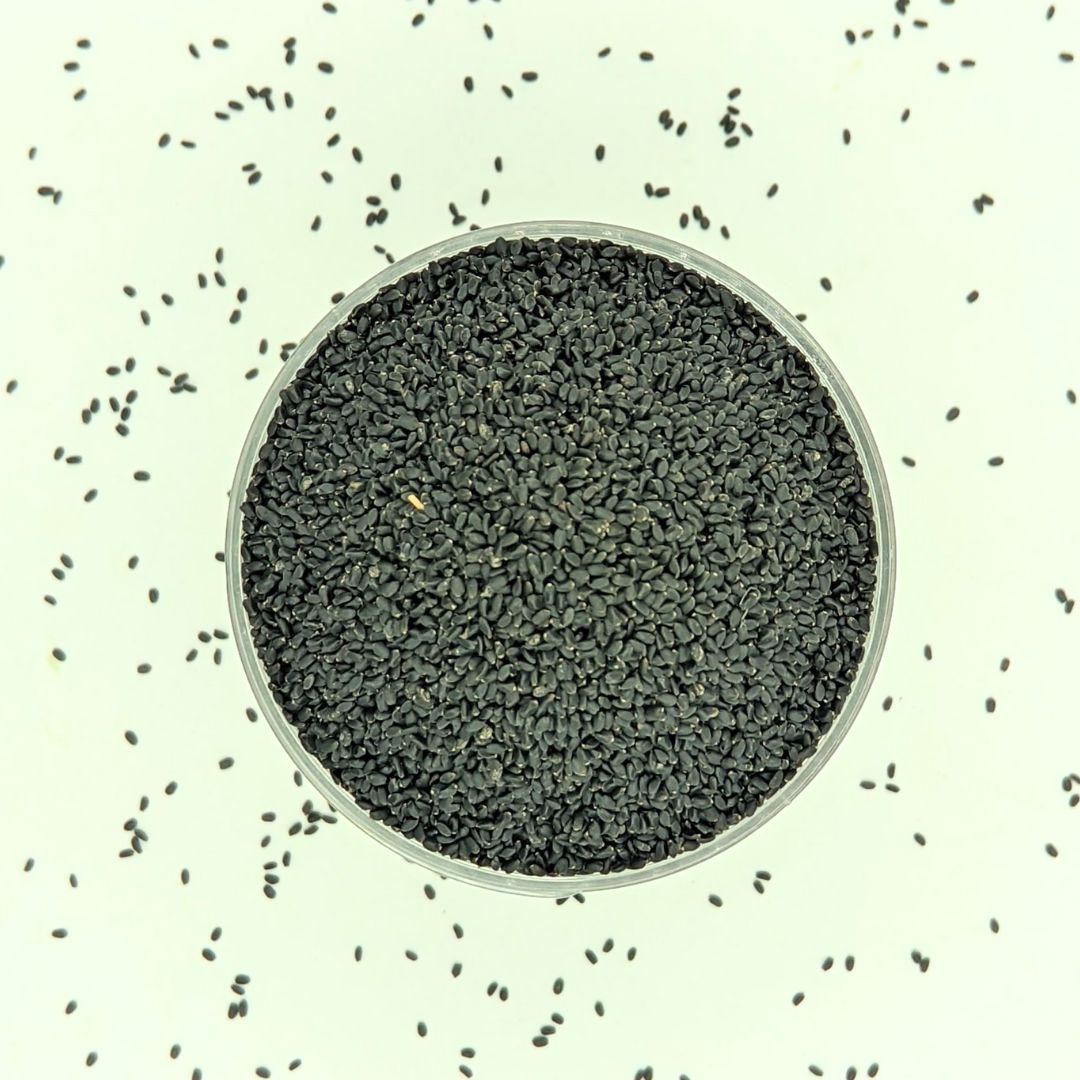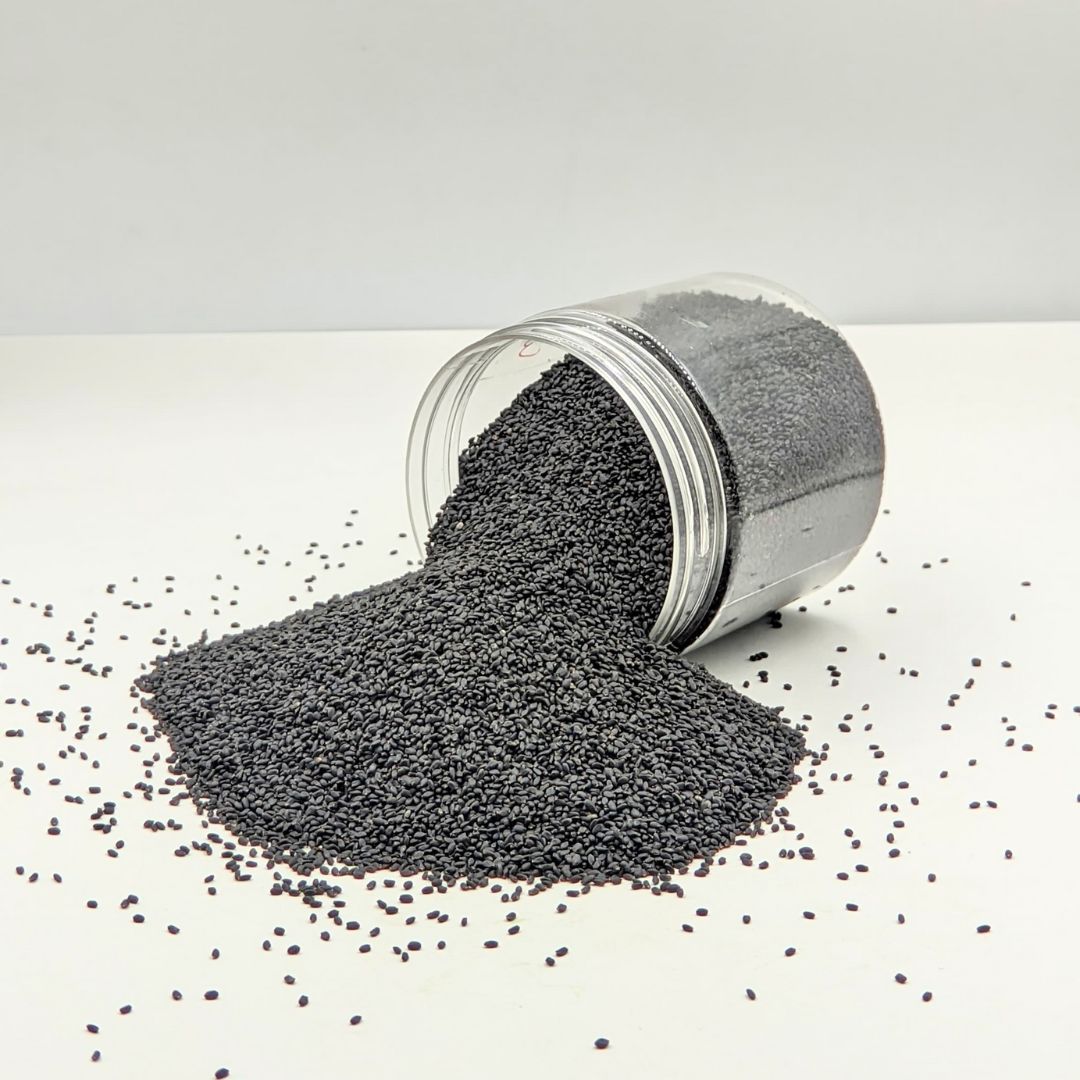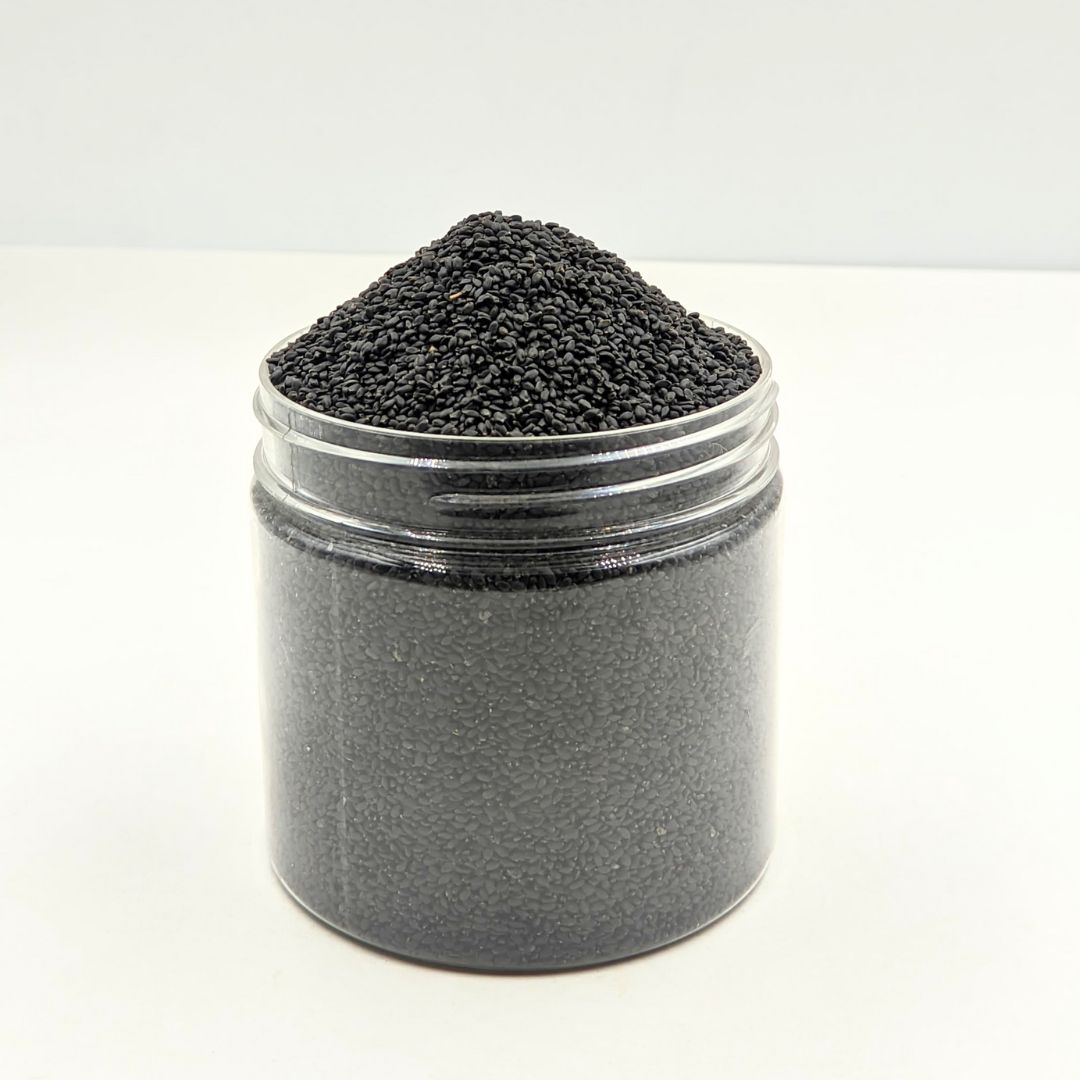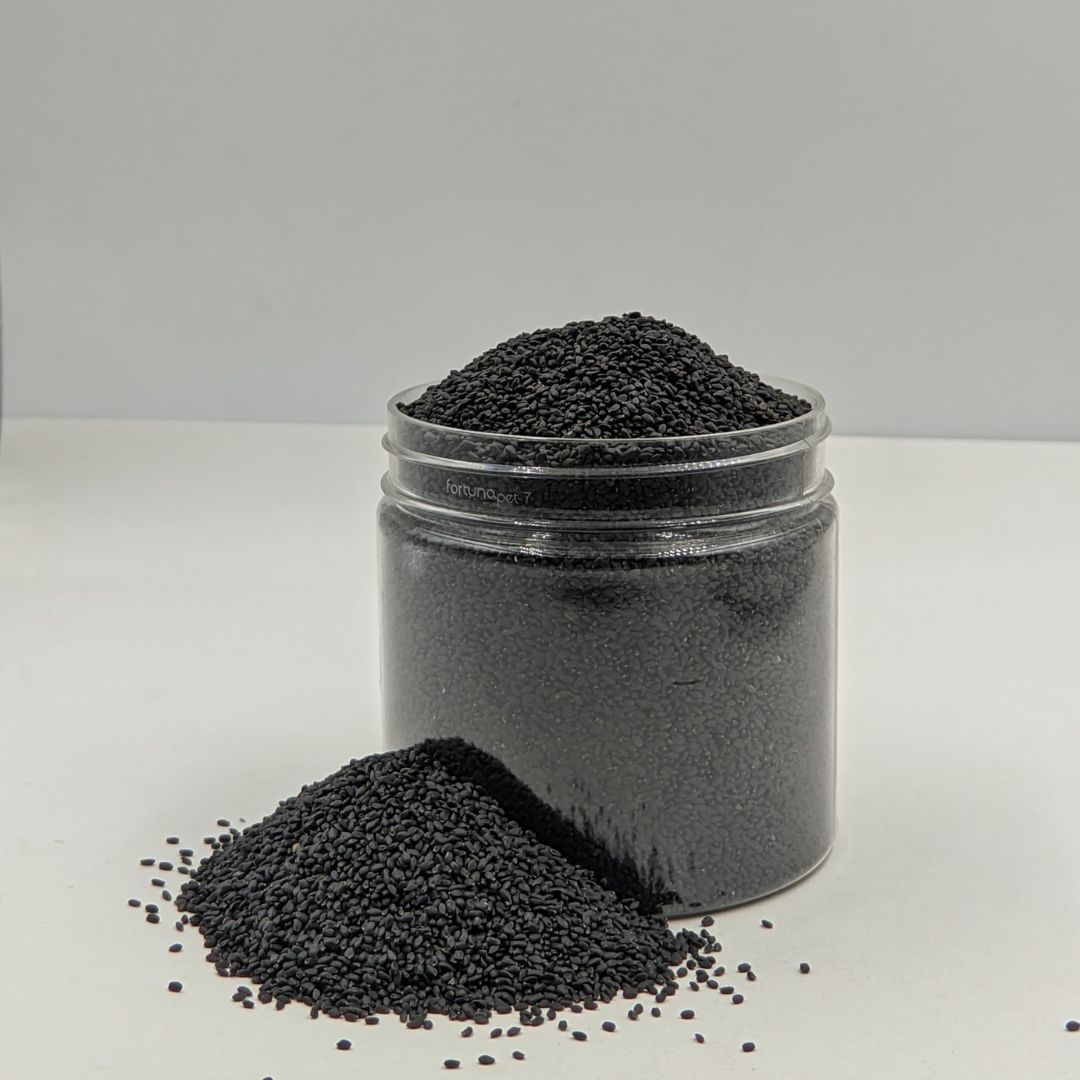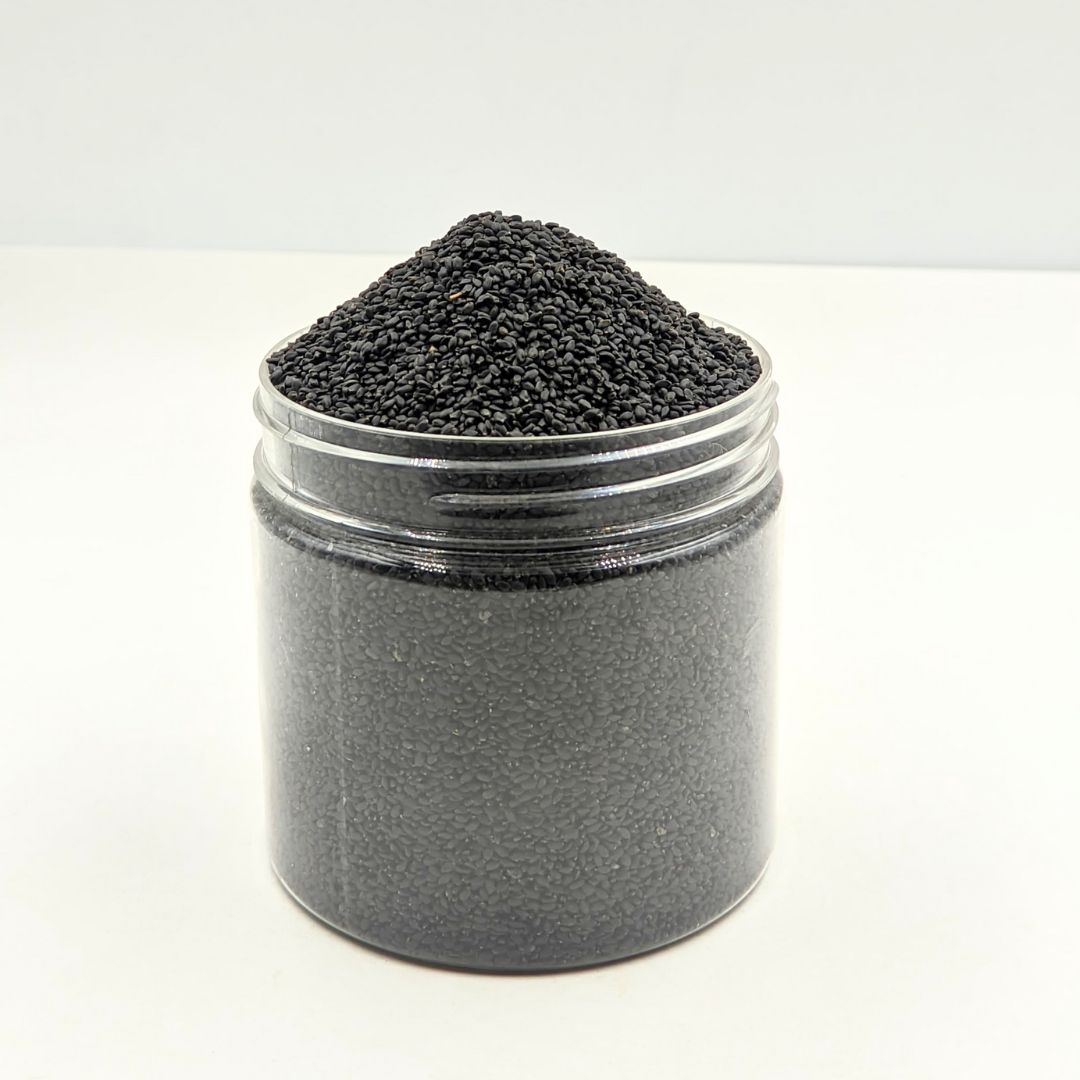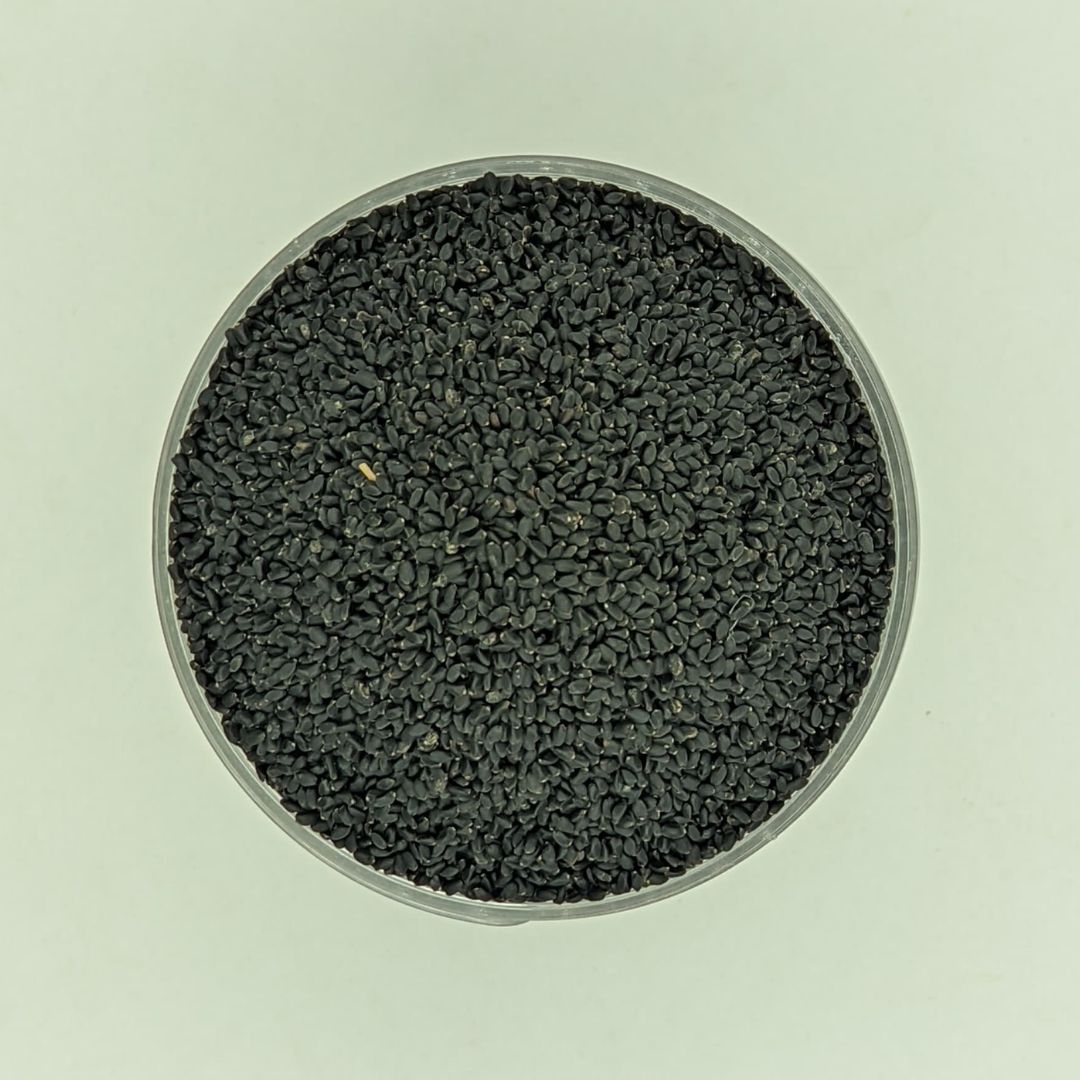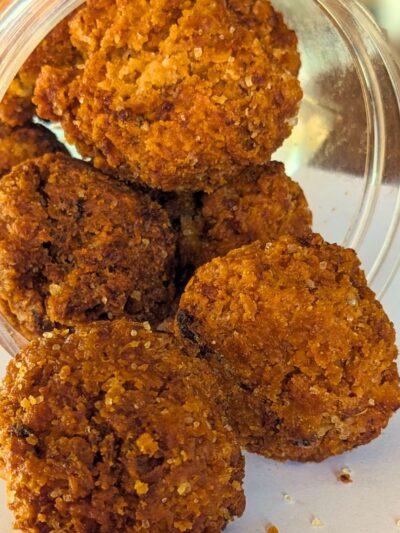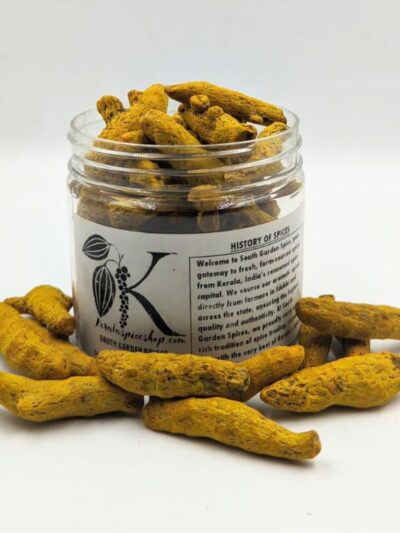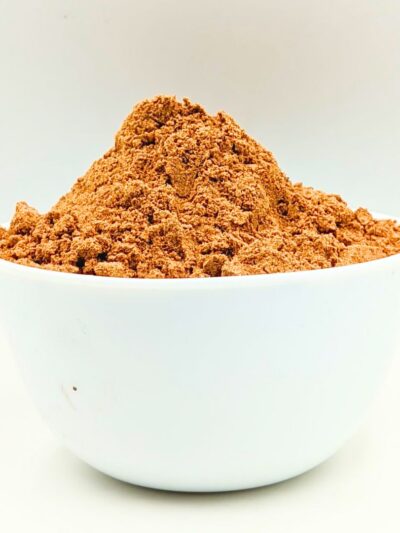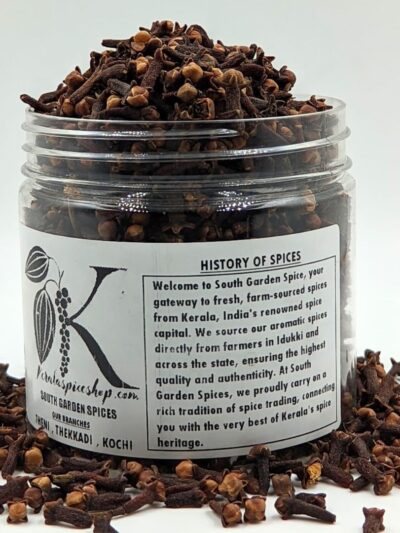Basil seeds, also known as *sabja* or *tukmaria* seeds, are the seeds of the basil plant (*Ocimum basilicum*), not to be confused with chia seeds or flax seeds. They have gained popularity due to their unique properties and health benefits. Here’s a detailed look at their benefits, uses, and features:
### Benefits:
1. **High Nutritional Value**: Basil seeds are rich in nutrients, including fiber, protein, essential fatty acids (especially omega-3 and omega-6), vitamins (like vitamin K and vitamin B complex), and minerals (such as calcium, magnesium, and iron).
2. **Digestive Health**: The high fiber content in basil seeds aids digestion by promoting regular bowel movements and preventing constipation. They also help soothe the digestive tract.
3. **Hydration**: When soaked in water, basil seeds expand and form a gel-like substance. This helps to keep you hydrated and can be beneficial in managing water balance in the body.
4. **Weight Management**: The fiber in basil seeds promotes a feeling of fullness and helps control appetite, which can assist in weight management and reduce overeating.
5. **Anti-Inflammatory Properties**: Basil seeds have anti-inflammatory compounds that can help reduce inflammation in the body, which is beneficial for conditions like arthritis.
6. **Blood Sugar Regulation**: Basil seeds may help regulate blood sugar levels due to their fiber content and ability to slow down the absorption of carbohydrates.
7. **Heart Health**: The omega-3 fatty acids in basil seeds contribute to heart health by supporting healthy cholesterol levels and reducing inflammation.
8. **Skin Health**: The seeds’ antioxidants and anti-inflammatory properties can benefit the skin by helping to manage acne and improve overall skin appearance.
### Uses:
1. **Beverages**: Basil seeds are often used in drinks. They are soaked in water and added to beverages like lemonades, smoothies, and health drinks. Their gel-like texture adds a unique consistency to drinks.
2. **Desserts**: Incorporate soaked basil seeds into desserts such as puddings, ice creams, or fruit salads for added texture and nutritional benefits.
3. **Salads**: Add soaked basil seeds to salads for an extra crunch and nutritional boost.
4. **Soups and Stews**: They can be sprinkled into soups and stews for added thickness and nutrition.
5. **Cooking**: Use basil seeds in baking recipes or as a topping for various dishes to enhance their texture and nutritional profile.
### Features:
1. **Gel-Like Texture**: When soaked in liquid, basil seeds swell and develop a gelatinous coating, making them ideal for adding texture to dishes and beverages.
2. **Nutrient-Dense**: They are packed with essential nutrients, including fiber, protein, and healthy fats, contributing to their health benefits.
3. **Neutral Flavor**: Basil seeds have a mild, neutral flavor that does not overpower other ingredients, making them versatile for various recipes.
4. **Hydrating**: The gel-like coating formed when soaked helps in hydrating the body and can aid in maintaining hydration levels.
5. **Storage**: Basil seeds should be stored in an airtight container in a cool, dry place to maintain freshness and prevent moisture absorption.
### How to Use Basil Seeds:
1. **Soaking**: Before use, soak basil seeds in water for 15-30 minutes. They will expand and develop a gel-like consistency, which can be added to drinks, desserts, or other dishes.
2. **In Beverages**: Add soaked basil seeds to smoothies, juices, or iced teas for added texture and nutrition.
3. **In Desserts**: Mix soaked basil seeds into puddings, yogurt, or fruit salads to enhance their texture and nutritional content.
4. **In Cooking**: Incorporate them into soups or stews to add thickness and a nutrient boost.
Basil seeds are a versatile and nutritious ingredient that can be easily incorporated into various foods and drinks to enhance both texture and health benefits.

